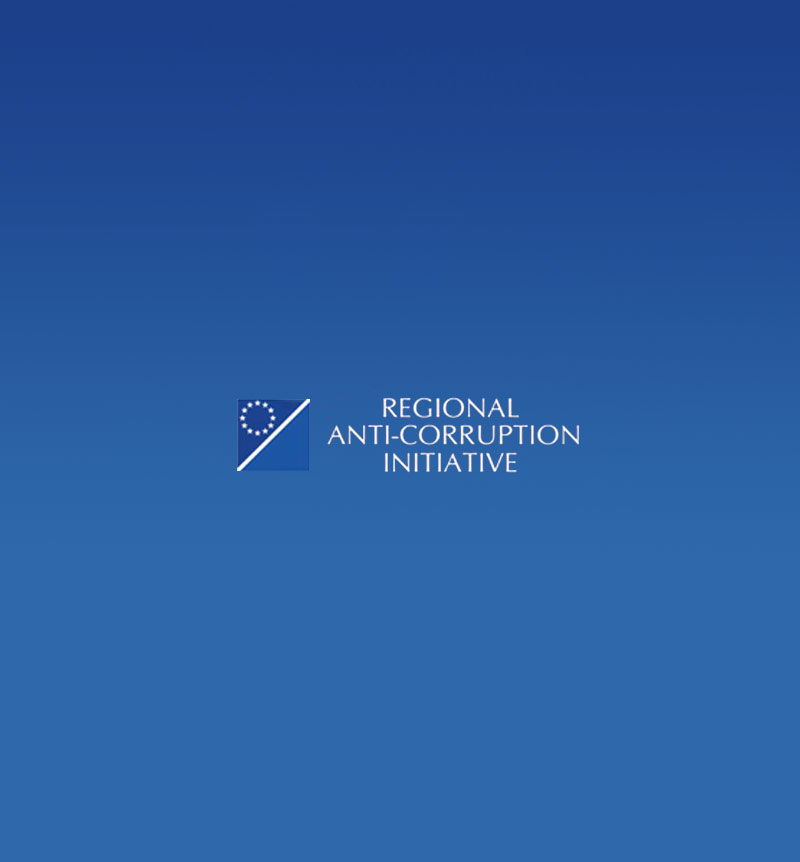- October 23, 2015
- Posted by: admin
- Categories: News Moldova, SEE News
If they are pro-western they are called magnates; if they are pro-Russian, they are called oligarchs. They seem to be detrimental to democratic governance either way.
The arrest of the former Prime Minister of Moldova, Vlad Filat, on Thursday, October 15th, has hardly appeased public opinion. They were not appeased by the resignation of the National Bank governor. Filat’s Liberal Democratic Party is one of the three supporting the government, and this appears to be the objective of a sizable part of the opposition. Filat is defending himself by accusing the Democratic Party vice chairman, Vlad Plahotniuc, a local magnate, whom he says is connected to the public prosecutor. And, there is an official report by a US company Kroll, naming another magnate, Ilan Shor, as the prime suspect in the corruption case.
The crowd targets everyone. On October 4th, the parliament was debating whether to revoke Filat’s immunity or not, the crowd was threatening to enter in to help the legislators decide. But, one more place they had targeted was the Global Business Centre, that is, the headquarters of a company controlled by Plahotniuc. An NGO umbrella group called “Dignity and Justice” acts as the coordinator of a sizable protest movement. They are demanding early elections, accusing the government of being complicit in the “Theft of the Century.”
Mass anti-government protests in Chisinau – sparked by the ‘Theft of the Century’ – continue for a fifth consecutive week. In fact, they have been going on and off since February. The momentum is escalating rather than waning. Protests gather 50,000 people crowds in a city with a 670,000 population. As it is usual in Ukraine and Georgia, protests end up in raised tents in the capital’s National Square, making this an ongoing event.
Towards the end of 2014, the small country of 3,5 million people was forced to bail out three banks whose reserves were robbed of $1bn (approximately € 880 million). That is about an eight of Moldova’s GDP. The public prosecutor, Corneliu Gurin, who sustains he has evidence pointing to Filat’s personal engagement to the country’s biggest post-independence corruption scandal. Specifically, he alleges that the former Prime Minister personally pocketed a little less than a quarter of the money stolen from three Moldovan banks ($ 250.000). There is a threat that as the government collapses and the EU is delivered with a new blow. The pro-Moscow opposition is on the rise. Russia put an embargo on Russian wine, fruit and vegetables, were down 23% in 2014. Remittances, which accounts roughly for little more than a quarter of Moldova’s GDP, are down 30%, as many immigrants were in Russia and Ukraine.
Two pro-Russian parties are joining the opposition: the Party of Socialists and Our Party (Partidul Nostru). However, the “Dignity and Justice” is careful not to accept their endorsement or to join forces. The NGO platform advocates a pro-EU trajectory instead, not a return to Russia. For various reasons this dividing line in the opposition is not made clear in reporting. The President Nicolae Timofti, the Speaker of the Parliament, Andrian Candu, and the Prime Minister, Valeriu Strelet, are trying to find a negotiated exit from the current crisis. But, there is little scope for negotiation, not least because the crowds are not represented by a single political center.
Romania stepped in with a €150 million loan. The IMF, the World Bank, the EU and the US have made clear it will not intervene before the government is ready to negotiate anti-corruption reforms. Austerity measures are taken, as there is no external financing and revenue is hardly enough to meet standard obligations, including pensions. The option of Russia may become fiscally appealing, especially if it comes hand-in-hand with eased access to the Russian market. That would be a moral and political defeat for the Eastern Partnership and would hardly be an exit to Moldova’s apparent dead end.
NewEurope
21 October 2015




